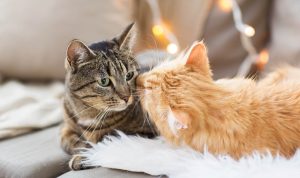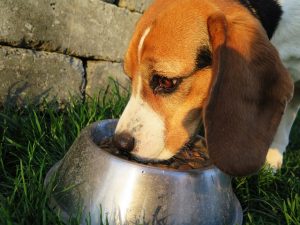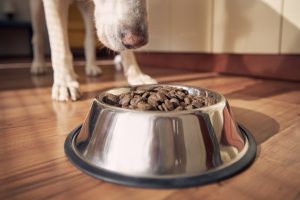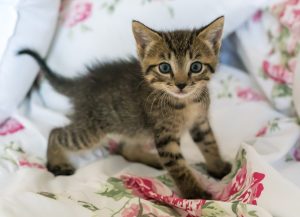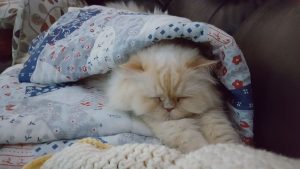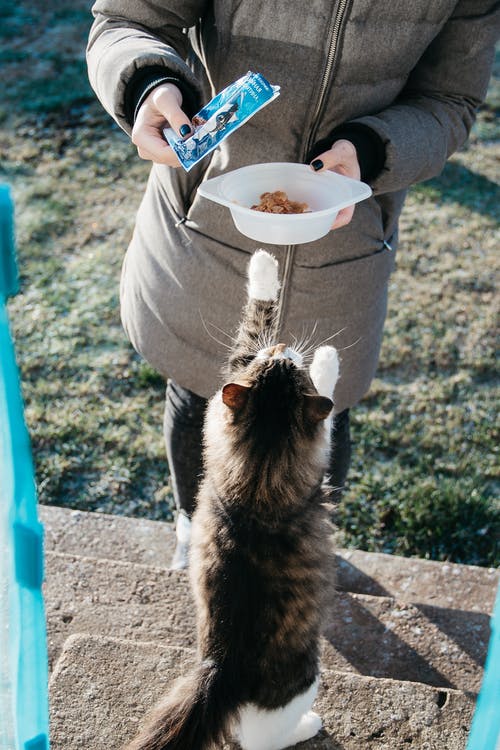
When it comes to caring for your neutered cat, understanding their nutritional needs is paramount for ensuring they live a long, healthy, and happy life. Neutering can have a significant impact on your cat’s metabolism, energy levels, and overall health, which makes choosing the right diet more critical than ever. Let’s dive into how you can support your furry friend with the best nutrition possible.
Understanding the Impact of Neutering on Nutrition
Neutering, while beneficial for a variety of health and behavioral reasons, does alter your cat’s dietary needs. Post-surgery, cats tend to have a lower metabolism, which can quickly lead to weight gain if their diet isn’t properly managed. Additionally, neutered cats might be at a higher risk for urinary tract diseases. Therefore, their diet needs to support a healthy weight and urinary system.
Key Nutritional Elements for Neutered Cats
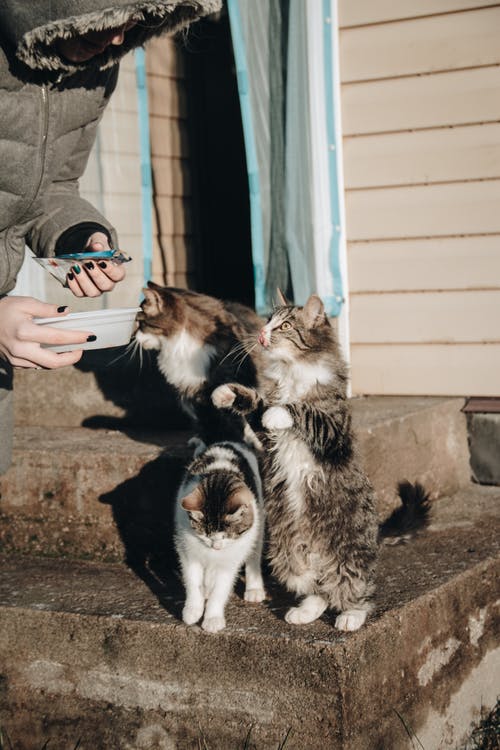
Protein: The Foundation of a Cat’s Diet
High-quality protein should be the cornerstone of your neutered cat’s diet. Cats are obligate carnivores, which means their bodies are designed to digest and use nutrients from animal products more efficiently than plant-based sources. Look for foods that list real meat, poultry, or fish as the first ingredient to ensure your cat is getting the protein they need.
Controlled Calorie Intake to Prevent Weight Gain
Given their reduced energy expenditure, neutered cats need fewer calories. Select a diet specifically formulated for neutered or indoor cats, which typically have a lower calorie content to help maintain a healthy weight. Monitoring portion sizes and feeding times also plays a crucial role in preventing obesity.
Essential Fatty Acids for Skin and Coat Health
Omega-3 and omega-6 fatty acids are vital for maintaining your cat’s skin and coat health, supporting their immune system, and promoting overall well-being. These can be found in fish oil and flaxseed oil, which are common ingredients in many high-quality cat foods.
Adequate Hydration for Urinary Health
Encouraging your neutered cat to drink plenty of water is essential for preventing urinary tract diseases. Wet food can be a valuable source of hydration, but always ensure fresh water is available. Consider a cat water fountain to entice cats who are reluctant to drink.
Vitamins and Minerals for Overall Health
A balanced diet that includes the necessary vitamins and minerals will support your cat’s health. Look for foods that are supplemented with vitamin E and vitamin C as antioxidants, as well as taurine, an essential amino acid for cats.
Practical Tips for Feeding Your Neutered Cat
- Measure Meals: Use a measuring cup to provide the exact amount of food recommended by your vet.
- Consistent Feeding Schedule: Feed your cat at the same times each day to help regulate their metabolism.
- Limit Treats: Treats should not make up more than 10% of your cat’s daily caloric intake.
- Monitor Weight and Health: Regular check-ups with your veterinarian can help catch any potential health issues early.
Nurturing a Happy, Healthy Feline Companion
Choosing the right diet for your neutered cat may require some trial and error, but it’s well worth the effort. By providing your cat with a balanced diet tailored to their specific needs, you’ll be nurturing a happy, healthy companion for years to come. Remember, the best diet for your cat is one that supports their overall health while also fitting into your lifestyle.
We hope this guide has shed some light on the dietary needs of your neutered feline friend. Your cat relies on you for their well-being, and with the right nutrition, you can ensure they thrive. Got any tips or experiences to share about feeding your neutered cat? We’d love to hear from you in the comments below.
